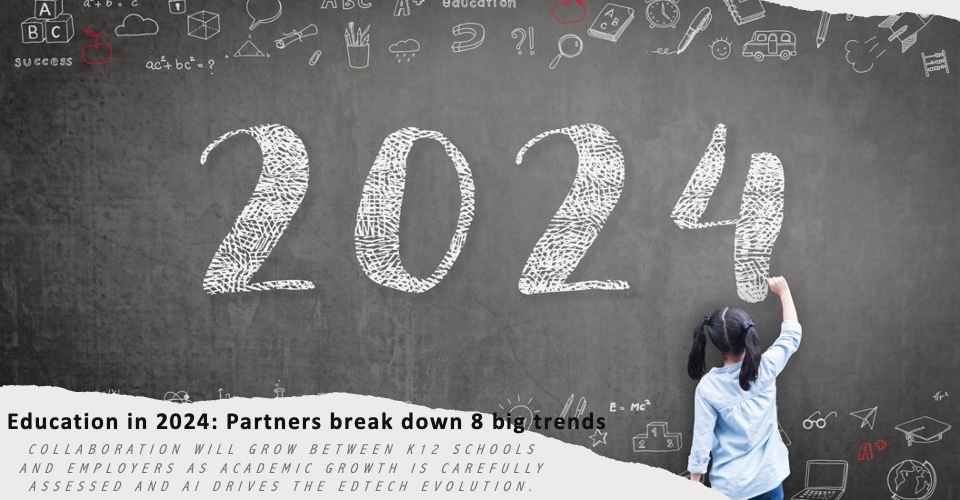For all the angst swirling around AI and education, only about one in five teachers feels that teaching with the technology has impacted learning negatively, a new survey finds. A majority of teachers—55%—assert that artificial intelligence has improved educational outcomes in their classrooms, according to a recent Forbes Advisor survey.
Even more teachers—six in 10—say they have added AI, which is most likely to be adopted by teachers who are 26 and younger. The 500 teachers surveyed were most excited about AI-powered educational games but most concerned about plagiarism and isolation.
AI, of course, covers a broad spectrum of instructional tools and platforms, including the now ubiquitous ChatGPT. Here is how many teachers are using the most popular tools:
- AI-powered educational games: 51%
- Adaptive learning platforms: 43%
- Automated grading and feedback systems: 41%
- Chatbots for student support: 35%
- Intelligent tutoring systems: 29%
That’s not to say that educators have abandoned all concerns about teaching with AI. An erosion of academic integrity and less face-to-face instruction were the top two fears of the teachers surveyed:
- Plagiarism in essays and other assignments: 65%
- Reduced human interaction in learning: 62%
- Data privacy and security: 42%
- Job displacement for teachers: 30%
- Unequal access to AI-powered resources: 30%
- Automation of manual tasks: 23%
More from DA: More students are now being arrested when violent threats disrupt schools
The survey took a deeper dive into how students are deploying AI to cheat in various ways. The No. 1 concern by far is students relying on generative AI tools such as ChatGPT to complete written assignments. Next on the list, students are using chatbots and AI translation tools during tests and assessments. Also on the list of concerns: “Copying or sharing AI-generated code or algorithms for coding assignments.”
The future of teaching with AI
Looking ahead, most of the teachers surveyed (61%) said students will need “comprehensive education” on the ethical use of AI while one-third responded that “some” education around academic integrity is necessary. Not surprisingly, teachers don’t expect AI and ChatGPT to go away; however, most don’t believe the tech will take “center stage” in education.
Only 30% of the teachers surveyed think “AI will play a central role in education” while a tiny fraction (7%) said it will have minimal or no impact.










